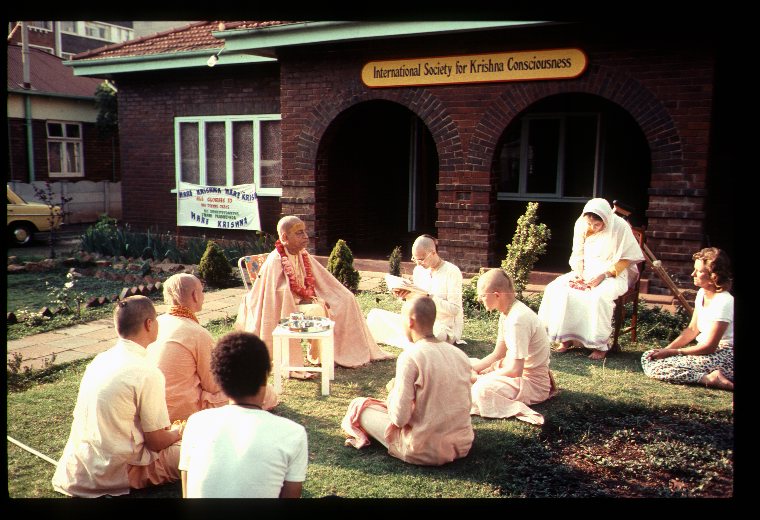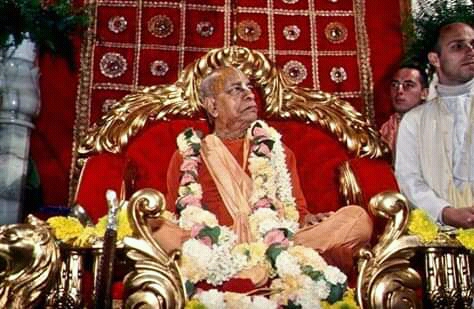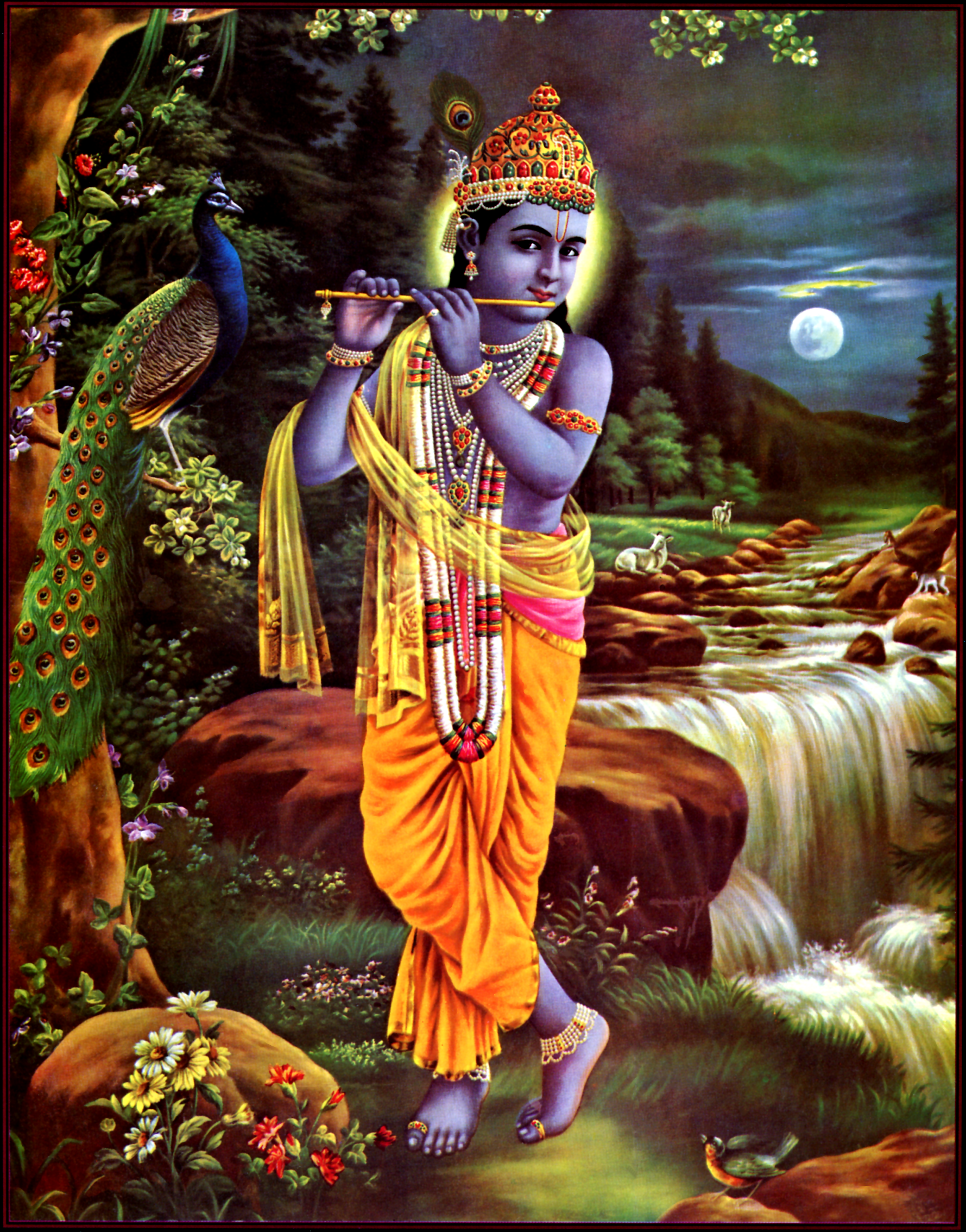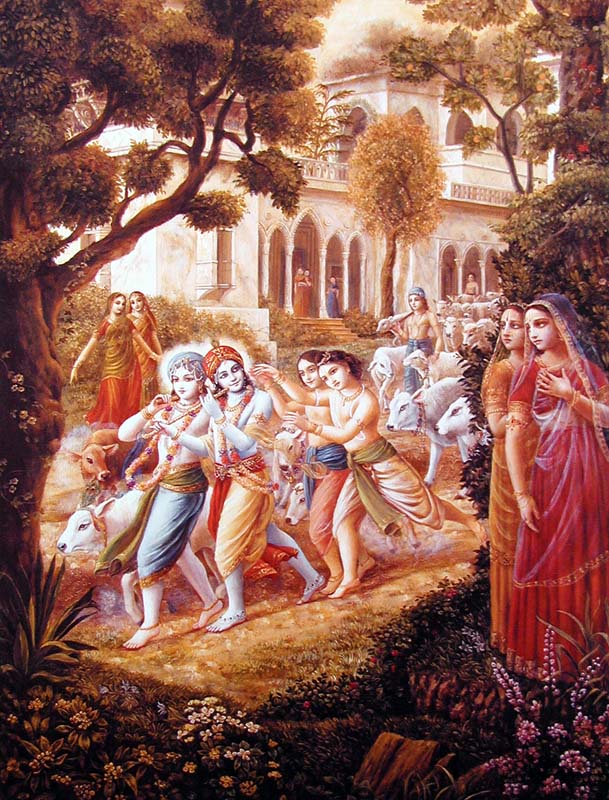By His Divine Grace A. C. Bhaktivedanta Swami Prabhupada
Just like in our Vedic system, first of all brahmacārī. That brahmacārī system is very nice. Even Kṛṣṇa, God Himself, He has nothing to learn. He is abhijñā. In the Vedas He is described as abhijñā: He knows everything. But just to teach us, He also became a brahmacārī in the Gurukula. Lord Rāmacandra, He also accepted a guru, Vasiṣṭha.
So that is our Vedic system. Anybody may be anything, but the process is tad vijñānārthaṁ sa gurum evābhigacchet (MU 1.2.12): in order to learn the value of life, spiritual value of life, one must go to a guru. Tad vijñānārtham. In order to understand the spiritual value of life one must go to a guru. Gurum evābhigacchet. What is that guru? Śrotriyaṁ brahma-niṣṭham: “He is well learned in Vedic literature,” and brahma-niṣṭham, “and firm faith in the Supreme Personality of Godhead.”
These are the two qualification of guru. He must know all the Vedic conclusion, śrotriyam; not that he has to read, but he must hear from the authoritative sources. Just like Arjuna is hearing from Kṛṣṇa. Kṛṣṇa is the most authoritative personality. So similarly, everyone has to hear either from Kṛṣṇa or from His bona fide representative. That is śrotriyam. And the result will be that after becoming student of such bona fide guru, one will be firmly fixed up in God consciousness. That is the result, firmly fixed up.

Now, these boys from foreign countries . . . according to our geographical arrangement, they are foreigners. But we don’t see anything foreign. We see every land belongs to Kṛṣṇa and everyone is part and parcel of Kṛṣṇa. So we have no such distinction. But still, from materialistic point of view, these boys and girls, they, three or four years ago they did not know what is this word Kṛṣṇa.








